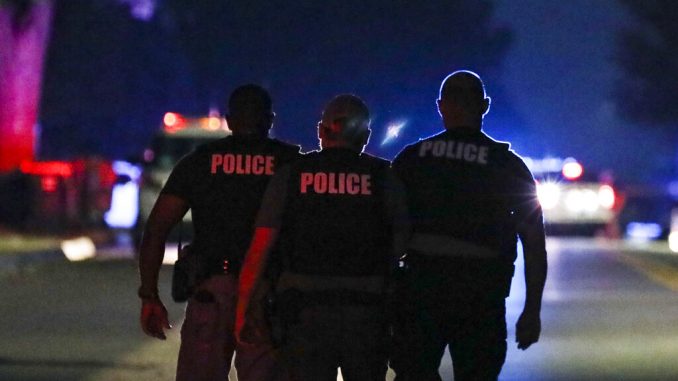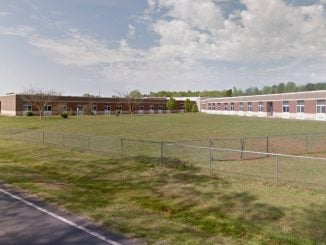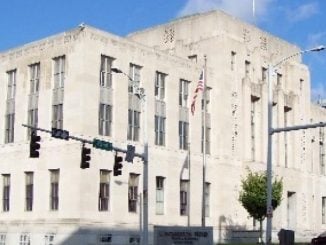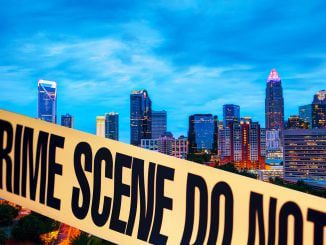
 After the May 25 death of George Floyd, the rallying cry at protests happening across America was “Defund the police!” Defunding the police has long been a goal of the radical leftists in the official Black Lives Matter movement, along with the group’s more prominent supporters, like admitted socialist Congresswoman Alexandria Ocasio-Cortez (D-NY).
After the May 25 death of George Floyd, the rallying cry at protests happening across America was “Defund the police!” Defunding the police has long been a goal of the radical leftists in the official Black Lives Matter movement, along with the group’s more prominent supporters, like admitted socialist Congresswoman Alexandria Ocasio-Cortez (D-NY).
In Minneapolis, the city where Floyd died after former officer Derek Chauvin had his knee on Floyd’s neck for nearly 9 minutes, the Democrat-controlled city council rushed to begin the process of dismantling the police a month after his death. This despite the fact that parts of the city, including a police precinct, was burned to the ground by rioters, while police stood by, helpless to stop them.
Also happening in the aftermath of Floyd’s death was a sharp rise in crime in Minneapolis. At the same time, a large number of police officers turned in their resignations or retired early, fed up by the lack of support shown towards them by elected officials, who were under pressure by outside agitators.
A growing number of black leaders in the city also began to push back on the defunding efforts. According to the Star Tribune, former Minneapolis NAACP president Nekima Levy Armstrong complained in July that the black community had “not been consulted” as the city made decisions about its police force, “even though our community is the one most heavily impacted by both police violence and community violence.”
Urban League Twin Cities president/CEO Steven Belton was quoted by the Star Tribune as stating that “we are subjected to excessive police use of force, but at the same time we are also disproportionately victims of crime and witnesses of crime.” Belton emphasized that any talk of defunding the police must include a “concomitant strategy of community safety in place as well.”
Crime has skyrocketed in the city, so much so that at a recent meeting of the city council, some council members asked “where are the police?” after residents complained of delayed response times to 911 calls and a lack of arrests.
Minneapolis Police Chief Medaria Arradondo, who is African-American, told the council that crime is rising because criminals feel “emboldened” thanks to “defund” rhetoric, while neighbors feel “abandoned.” Officers also feel demoralized.
There has been a significant enough pushback in Minneapolis against the “defund” movement from diverse groups that binding decisions as to any actual defunding have been postponed until 2021.
Over the summer, Gallup released a comprehensive poll that was contrary to a lot of media narratives about defunding the police, specifically the narrative that most African-Americans oppose police presence in their communities.
They don’t.
“Most Black Americans want the police to spend at least as much time in their area as they currently do, indicating that they value the need for the service that police provide,” the Gallup Center on Black Voices reported after surveying nearly 37,000 people from four racial/ethnic groups.
They also noted the results corresponded with findings from another Gallup survey on black Americans and their stances on defunding the police. That poll found that “only 22% of Black Americans favor abolishing police departments,” while the vast majority favored police reforms they hoped would improve the relationship between police departments and communities of color and punish officers for wrongdoing.
On the “defund the police” debate, it sounds like cooler heads are prevailing as a result of black community leaders and residents hitting the brakes on the idea — not just in Minneapolis, but nationwide.
This is good news for people of all races who favor law and order and police accountability, and bad news for left-wing extremists and their Democratic allies in positions of power in cities across the country who have an anti-law enforcement ax to grind.
Stacey Matthews has also written under the pseudonym Sister Toldjah and is a regular contributor to RedState and Legal Insurrection.




